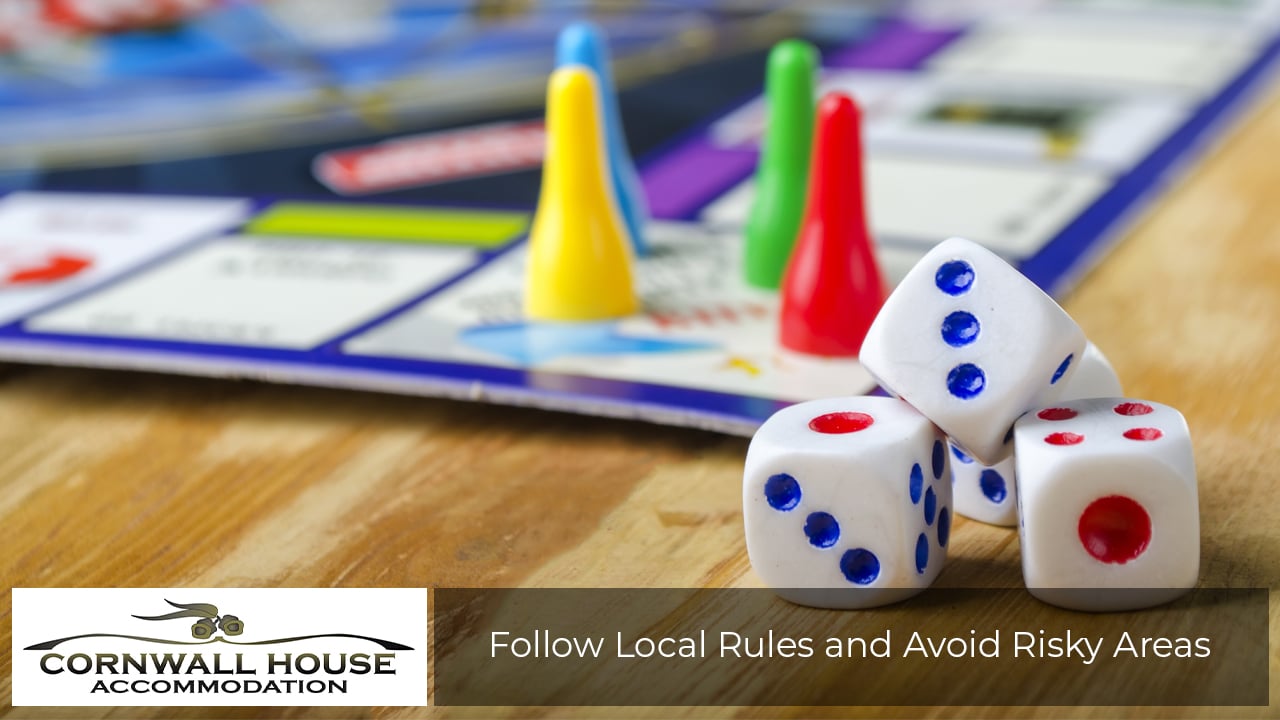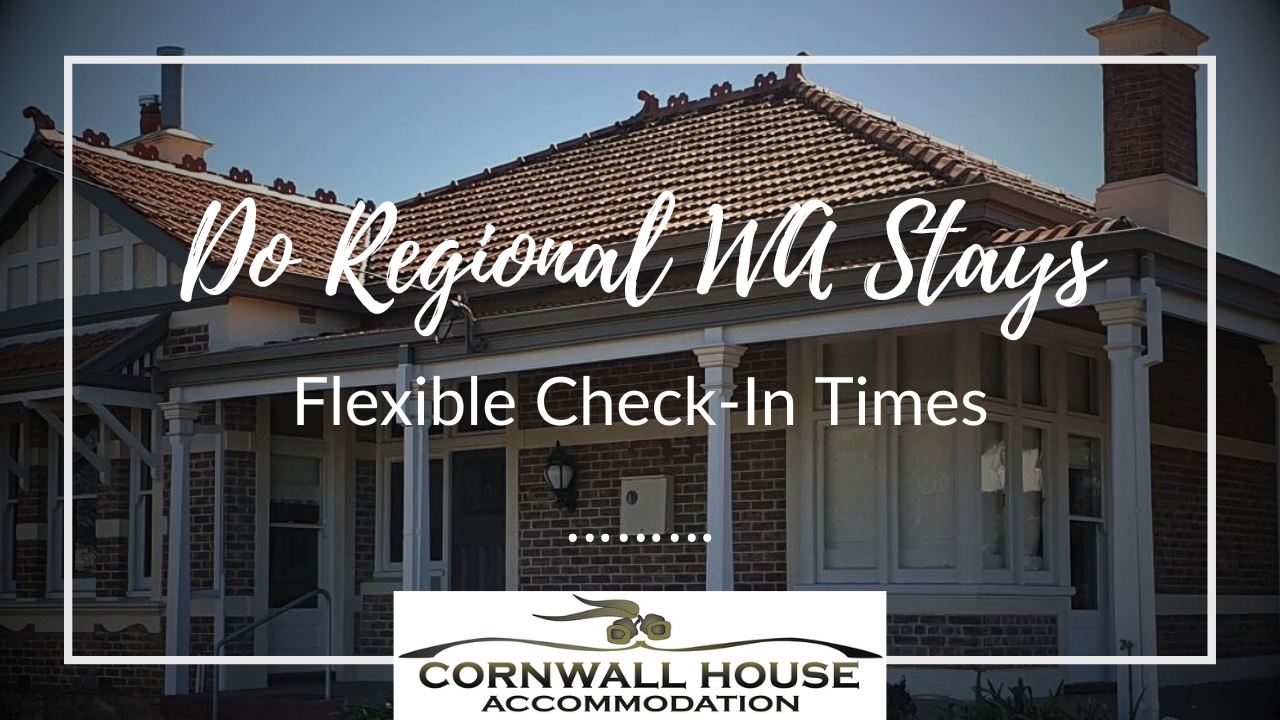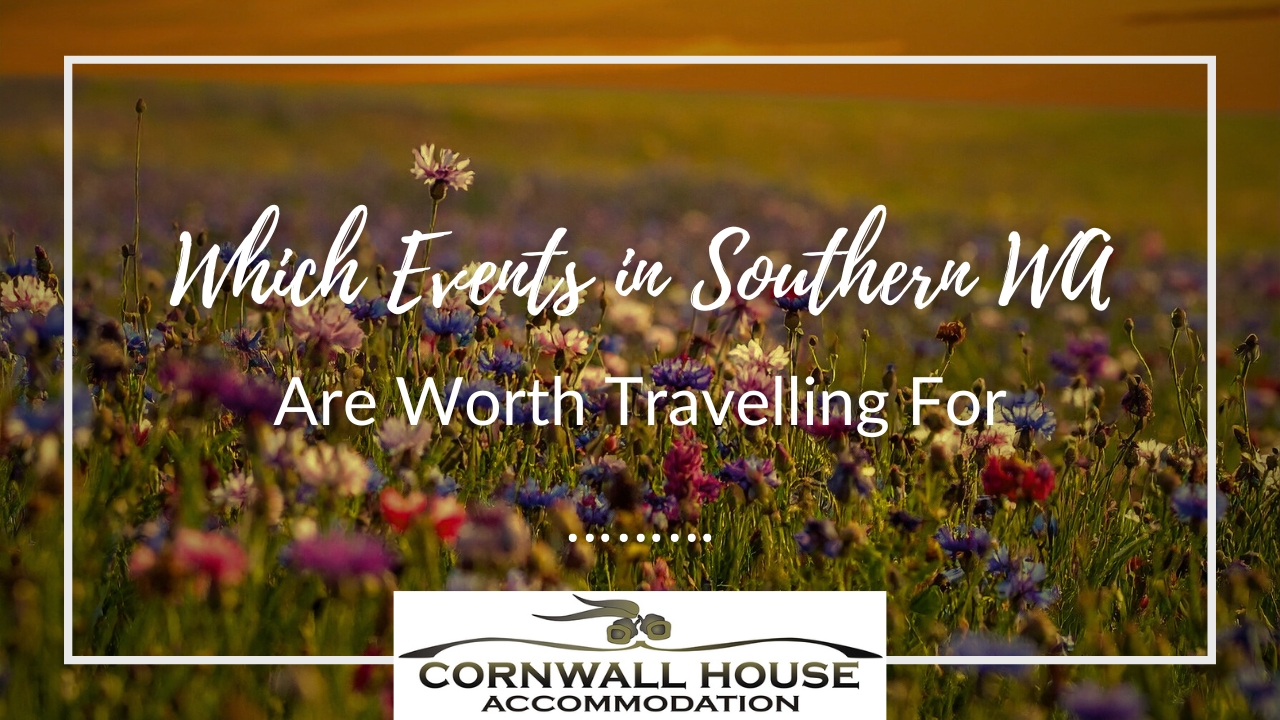Many visitors head to the Great Southern region for its natural parks, wineries, and remote coastline. But rushing through plans or underestimating local conditions can lead to delays, missed bookings, or even health and safety issues.
Travellers often overlook how remote or weather-dependent the region is. Poor planning and rushed trips affect comfort and safety.
Without the right preparation, you could face road closures, poor mobile reception, limited access to fuel, and last-minute cancellations. These risks increase during peak periods or bad weather.
This guide offers practical travel safety tips across driving, packing, weather planning, and local area support. Use it to avoid avoidable issues and focus on enjoying your trip.
Plan Travel Routes and Know Local Advice
Researching your destination is the first step to a safer trip. Start by checking road closures and trail notices from the Department of Biodiversity, Conservation and Attractions WA.
Many roads and tracks in the Great Southern region are unsealed and may close after rain, especially in areas like the Stirling Range or Fitzgerald River National Park. Always carry a printed map or downloaded GPS route, especially in low-reception zones like between Bremer Bay and Walpole.
Local visitor centres are the best source of current regional updates. They provide maps, weather alerts, and seasonal advice. If you plan to hike or explore forest reserves, log your destination and expected return time with accommodation staff or a travel contact.
WA’s regional terrain covers large distances between towns. Travelling without clear routing can waste fuel and time. Preparing your stops early avoids night driving in wildlife zones and reduces trip stress.

Bring Essentials for Long Drives and Emergencies
Carrying the right supplies protects you from delays and unexpected stops. In remote areas, food and petrol options may be limited. Always pack:
- Water (at least 2–3 litres per day)
- Portable charger or power bank
- Torch and spare batteries
- First aid kit
- Printed accommodation or car hire confirmations
- Light snacks with long shelf life
Include sun protection—hat, sunscreen, sunglasses—and mosquito repellent for bush visits. If heading off-grid or camping, bring a hard copy of your booking reference and emergency numbers in case your phone loses reception.
You should also have a secondary copy of your ID, Medicare card, or licence. These are useful if original documents are lost or damaged. For bush tracks, don’t rely on mobile maps alone—apps like Maps.me or downloaded Google Maps can still function offline.
Always refuel before leaving town. Gaps between service stations may be 80–150km in parts of the region.
Dress Based on Coastal and Inland Conditions
WA’s southern coast is known for cold fronts, wind, and temperature changes. Even in spring, Katanning, Albany, or Mount Barker can shift from 20°C to 12°C in hours. Plan your clothing with wind and water protection in mind.
Bring a waterproof jacket, fleece layers, and enclosed shoes. Gumboots or waterproof hiking boots are also useful in forested or muddy areas. Gloves and a beanie are recommended for dawn hikes or overnight stays in national parks.
Humidity and rainfall also rise from July to September. Pack quick-dry materials instead of heavy cotton, which stays damp longer. During warmer months, long sleeves are helpful to block sun exposure and avoid insect bites.
Daytime may be dry, but night-time drops quickly below 10°C inland. Layered clothing helps you stay warm without overheating indoors. Rain jackets and ponchos should be lightweight, especially if carried in a backpack or travel bag.
Prepare Indoor Options for Rain or Delays
Outdoor plans often face disruption in this region due to fast-moving weather systems. Always plan for backup indoor activities when staying in remote areas or local towns.
Rain may cancel beach walks, forest treks, or winery garden visits. Choose accommodation with a shared lounge, cooking area, or heating for extended indoor stays. Many visitors bring:
- E-reader or physical books
- Offline playlists or downloaded shows
- Travel-sized puzzles or card games
- Sketchbooks or journaling materials
This avoids stress from trying to rearrange bookings during a storm. Most small towns do not have cinema or indoor recreation venues, so bring your own entertainment options.
WA accommodations vary. Some host common areas for board games, tea, or shared lounges. Check these features before booking. Having alternative activities helps keep trips enjoyable without relying on outdoor access.

Follow Local Rules and Avoid Risky Areas
The Great Southern region includes Aboriginal heritage zones, protected parks, and environmental conservation sites. Respect all signage, rules, and restricted access zones to avoid fines or harm to the environment.
Stay on marked trails when hiking. Going off-track increases erosion and can lead to accidents or getting lost. If you’re joining a guided activity, listen to the safety briefing and clarify any concerns with the provider.
Always observe fire bans, which are common during warmer months. Barbecues, open flames, and camping stoves may be restricted depending on the fire danger rating for that day.
Book tours, tastings, or accommodation in advance, especially during holiday periods. Some businesses in the region operate with limited staff and fixed time slots. Check operating hours before visiting and allow flexibility in your schedule.
Following local guidance ensures a safer trip, reduces risk to the environment, and helps keep access open for future visitors.
Travel in Small Groups to Improve Safety and Access
Smaller groups are easier to manage, especially when booking transport, meals, or accommodation. Travelling in a group of two to four allows for simpler logistics and reduced strain on local operators.
Many regional providers, including wineries, cafes, and tour guides, operate with limited staff. Smaller parties can usually be served faster and with more flexibility. It also means you can book last-minute changes or adjust plans based on weather or traffic conditions.
From an environmental perspective, small groups reduce trail damage, noise, and waste. This is critical in fragile areas like Fitzgerald River National Park or the Porongurup Range.
Safety is another factor. With fewer people, head counts, emergency exits, and car space are easier to manage. Tour operators often apply group size caps for remote hikes or 4WD trips for this reason.
Use Driving Safety Rules for Regional Roads
Regional roads vary in quality. In WA, all drivers must keep left, follow roundabout rules, and avoid phone use unless hands-free. Use your headlights in fog or rain, and always give way to vehicles already in roundabouts.
Animals such as kangaroos or emus are active during sunrise and sunset. Slow down during these hours, especially on country roads between towns like Gnowangerup and Cranbrook. Wildlife collisions are a major cause of rural accidents.
Always wear a seatbelt and carry your licence and insurance details. If your licence is not in English, carry an international permit.
WA Police actively patrol regional highways. Fines apply for speeding, illegal phone use, and alcohol-related offences. Do not attempt long drives without breaks. Stop every 2 hours to rest and refuel.
Image cue: Photo of wildlife crossing sign or car driving through regional WA highway

Drive Safely on Unsealed Roads
Gravel roads are common in the Great Southern region. These require slower speeds and alert driving to stay in control. If you’re unfamiliar with gravel driving, reduce speed before turns and avoid sudden braking.
Stay alert for loose stones, road edges, and passing vehicles that kick up dust. Dust clouds reduce visibility quickly, so keep headlights on and increase following distance.
Use low gears on steep sections, and avoid driving after heavy rain unless you have a suitable vehicle. Unsealed roads can become muddy or unstable during storms.
Keep tyres properly inflated and check that your spare tyre and jack are in working condition before leaving sealed roads. Avoid unknown tracks without signage or permissions.
Many rental agreements exclude damage from unsealed road use—check your contract and stay within permitted areas if needed.
Support Local Operators During Your Stay
Tourism supports small communities across WA’s Great Southern. Choosing local shops, produce, and services helps keep these towns operating year-round.
Buy from bakeries, roadside stalls, and weekend markets instead of national chains. Book direct through regional tour operators instead of global platforms. This ensures more income stays in the area.
Most cellar doors in the region sell small-batch wines not available in national outlets. By buying on site, you access exclusive blends and support regional winemakers directly.
Need essentials? Visit general stores or family-run fuel stops that also stock fresh produce, household goods, and basic travel items.
Supporting local services helps towns maintain infrastructure and staff. Ask your accommodation provider about nearby restaurants, events, or stops worth visiting during your trip.
Book with Cornwall House Accommodation
Cornwall House Accommodation offers easy access to parks, wineries, walking trails, and seasonal events across the Great Southern region. We maintain high safety standards, clean rooms, and comfortable facilities for all visitors.
Our team can help with travel information, planning advice, and nearby recommendations. Whether you’re exploring beaches, forests, or touring the inland towns, we provide a safe and convenient base.
Contact us to check rates and availability.
FAQs
Is fuel available late at night in remote towns?
No. Most regional fuel stations close by 6–8pm. Always refuel before sunset.
Can I drive on the beach in WA’s southern region?
Only in designated areas with a suitable 4WD and permits. Check signage first.
Are national parks open year-round?
Most are, but some areas close during extreme weather or fire season. Check before visiting.
Do I need a park pass?
Yes. WA Parks Passes apply to many national reserves. Buy online or at visitor centres.
What should I do in an emergency?
Call 000 for police, fire, or ambulance. Reception may be limited—move to high ground or main roads if needed.



